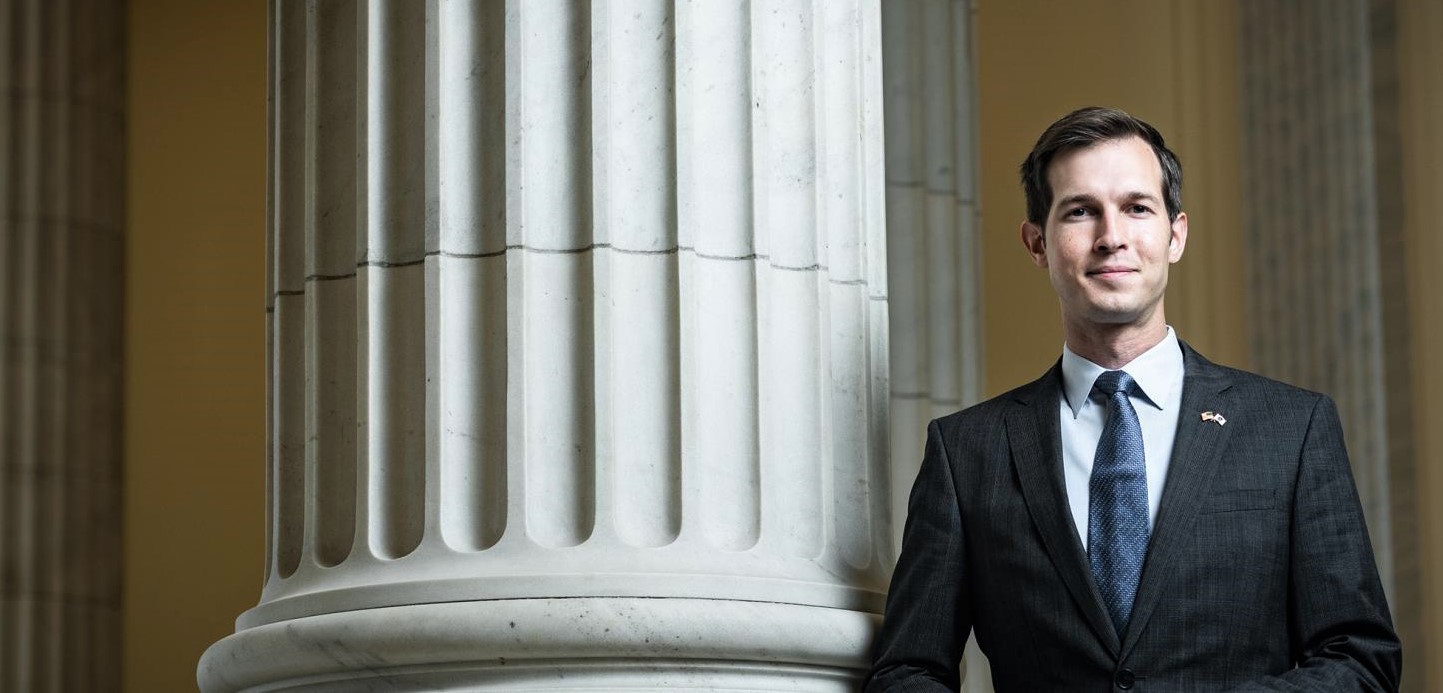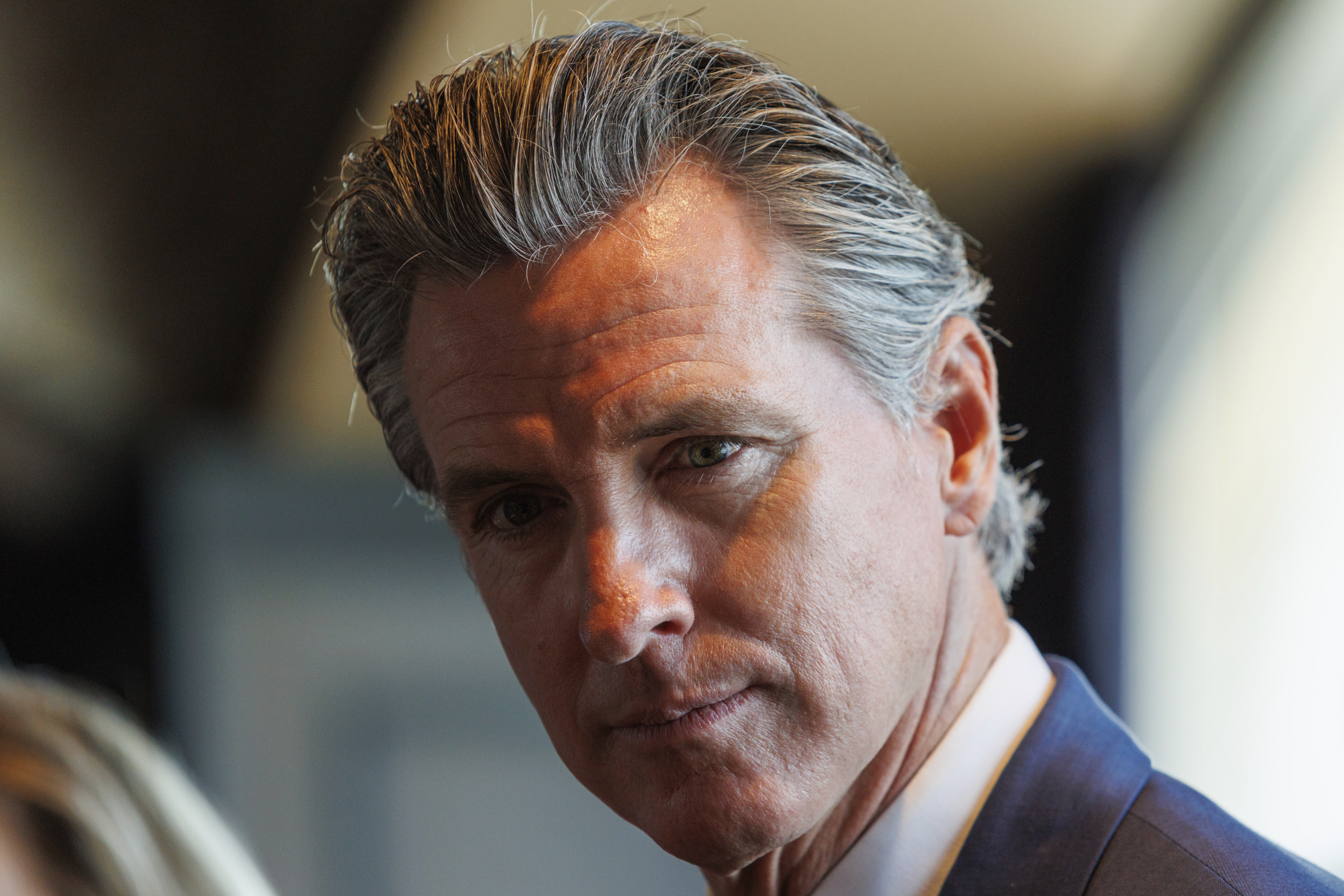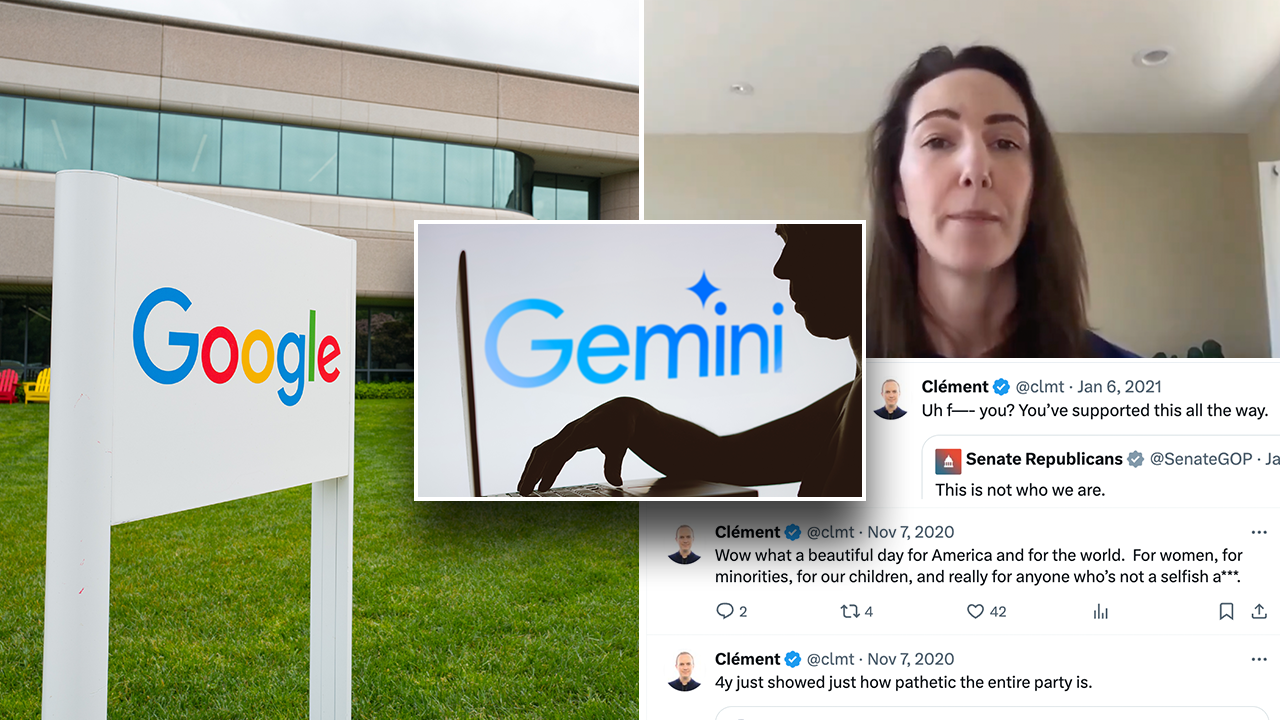Member of Congress reads AI-generated speech on House floor

U.S. Rep. Jake Auchincloss was scheduled to give a speech about a bill to create an AI center in the U.S.
ChatGPT generated the two-paragraph speech that the Massachusetts Democrat gave on Wednesday. His staff stated that it was the first time an AI-written speech has been read in Congress.
Auchincloss claimed that he asked the system to write 100 words about the legislation to be delivered to the House of Representatives. Auchincloss stated that he had to modify the prompt multiple times in order to get the text he finally read.
Auchincloss is refiling the bill to establish an U.S.-Israel AI Center in America that would serve as a hub of AI research and development in public, private, and education sectors.
|
Auchincloss stated that part of his decision to read ChatGPT-generated texts was to encourage debate about AI and the opportunities and challenges it presents. He stated that he does not want to see the same thing happen with social media. It was small at first and grew faster than Congress could respond.
“I am the youngest parent in Democratic caucus. AI is going to be a part of my life, and it could be general purpose technology for our children,” said Auchincloss (34).
Teachers are already facing challenges due to ChatGPT’s release and other AI programs that are available online. They now have to deal with students who might submit AI-generated essays.
Researchers are also concerned that AI chatbots may be able to boost efforts to spread misinformation or propaganda.
OpenAI, the non-profit that created ChatGPT has admitted on its website that ChatGPT can sometimes produce inaccurate answers and that it may occasionally mislead users due to how it learns. It suggests that users verify whether the responses are correct or not.
Text generated by Auchincloss’s prompt contains sentences such as: “We must cooperate with international partners like Israel to ensure that the United States continues to play a leading role in AI research, development, and responsible exploration of the many opportunities offered by evolving technologies.”
“There were probably around a dozen of me colleagues on the floor. He said that he was certain none of them knew that it was written on a computer.
Auchincloss stated that while lawmakers and other officials shouldn’t be hostile to new technology, they shouldn’t wait too much to draft policies or new laws to regulate it.
He argued, in particular, that the country needed a “public counterweight to the big tech companies that would help ensure that smaller developers and universities have the same access to cloud computing, cutting-edge algorithms, and raw data that larger companies.










No Comments